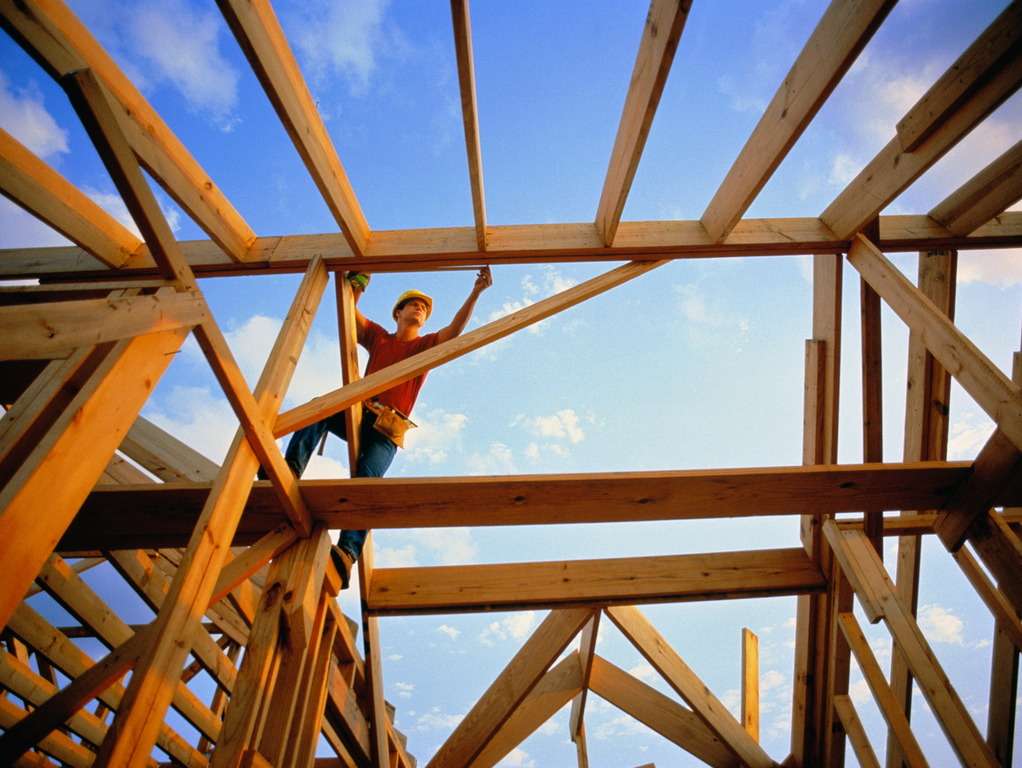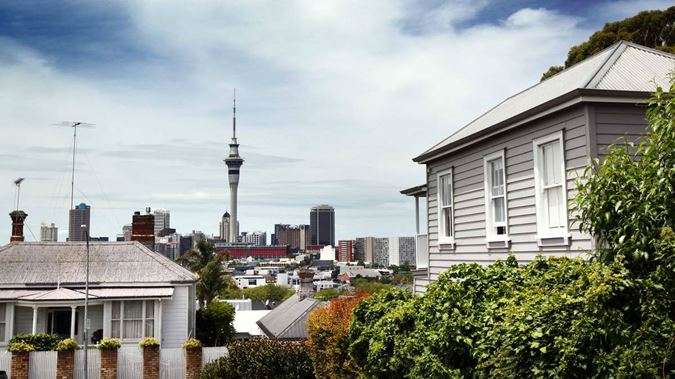Mum and dad property flippers have all but disappeared, with the Government’s shake-up of the housing market in March the final nail in the coffin, new research suggests.
According to figures from OneRoof’s data partner Valocity, the number of properties resold within 12 months of purchase has plummeted. In the first six months of this year there were just 641 resales, compared to 1620 in the first six months of 2020.
“We are talking about a reduction of over half,” says Wilson “That’s very much the mum and dads being taken out of the market.”
The reason amateur flippers not professionals have been hit is that the bright line test doesn’t affect traders, who are already paying income tax on their capital gains anyway, says Garreth Collard, property accountant at EpsomTax.com . “Traders have always been liable to pay tax on their gains because the activity is entered into with the view of making a profit.”
Start your property search
Technically, people who renovated their own homes with the intention of flicking on at a profit should also have paid income tax on their gains, but most flew under the radar, says Collard.
Overall, the practice of flipping has fallen off dramatically since its height in 2013, when 9171 properties were resold within 12 months of purchase. That number dropped to 6,726 in 2015, following the introduction of loan-to-value-ratio (LVR) restrictions and the two-year bright line test. The total number of flips for 2020 was 3638.
“The downwards trend has been intensified further by the lack of new listings,” Wilson says.
Mortgage broker Kris Pedersen, of Kris Pedersen mortgages, says the extension of the bright line test to 10 years and the removal of interest deductibility on investment properties have divided the market. “Mum and dad investors are now very much concentrated on new builds.” By buying new, or off the plan, they can still claim their mortgage interest and aren’t forced by the bright line test to pay tax on their gains when they sell, he says. “That’s the easier way to go.”
Pedersen adds: “Because so much of that standard investor has moved into the new-build market, it has opened up more of the buy, renovate and hold, or buy, renovate and sell market to professionals.

Construction costs have risen sharply since Covid. Photo / Getty Images
“One of my large traders thought [the Government changes] were fantastic. He went unconditional [on a property] one or two days after the announcement, and has since renovated it and made a half million dollar profit.
“He could see the opportunities to pick up a property at a really good price because people were backing off those types of properties on the back of the announcement.”
The bright line rules mean it’s nigh impossible for even small investors or serial own home renovators to evade tax now.
Lawyers need to complete and file land transfer statements to the Inland Revenue Department (IRD) on every sale, says Collard. “If (the IRD) sees a pattern their $2bn computer system catches things that would have fallen through the cracks.”
Owner-occupiers can still do some flipping tax-free, as the rules allow people to do up and flip a maximum of two properties in a rolling five-year period if they are primary residences.
Collard says his phone used to ring hot with clients looking to trade. Some had taken $20,000 courses to learn how to do it, although he notes “there is no secret sauce”. These days there are very few such calls. He notes that some small-time traders have found that they can’t flick the property on at the level of profit outlined in the courses and have ended up holding on and renting them out.

In Auckland, flippers are often competing against developers for do-up properties. Photo / New Zealand Herald
It’s not just the bright line test stopping mum and dad flippers, says Collard. Other issues include:
• Building supply chain delays. Unless you’re a big building firm it can be difficult to obtain the products you need to do the job.
• Escalating costs of building materials. The big building companies have supply contracts, can buy at scale and use futures contracts to smooth out the price. Small traders can’t do this, although some are teaming up on trades, says Collard. “If you're a firm without any leverage, or you're just mum and dad flipping then you are quite exposed to timber prices going up. It's harder to make it back.”
• Tradie shortages. The closed border and building boom have meant tradespeople are difficult to come by and expensive to employ. “The traders who make it work probably have a good relationship with a builder,” says Collard. Many successful flippers have a background in building or other trades themselves.
• Lockdowns can be catastrophic. Traders have holding costs, including mortgage interest payments. A five-week lockdown can eat significantly into the profit. The issue there is that quite often flips are right down to the wire, says Collard. “You throw in a four-week lockdown, and it could be a disaster.”
Pedersen says knocking the mum and dad flippers out of the market has given professional traders a boost. “The reality is they're still trading. If anything, they're doing more because they're finding it easier to get stock now. There's less competition in that part of the market.”
However, professional flippers still face tough competition in Auckland, where the Unitary Plan has made typical do-up homes attractive to developers because of the development potential of the land they sit on.
Pedersen says his larger trading clients are still making money despite the red hot market. It’s not unusual for them to turn a $100,000 profit after costs, although some of the profit is due to market appreciation,” he says. “As a trader you work back from the price you can sell it for. This is what it’s going to cost me to get it to that level.
“Over the last 12 months traders are managing to sell [their renovated properties] for far more than they expected, buffering up that margin.”
Likewise, Collard says there is still money to be made with property trading, but to tread with caution. “There is money to be made, but tread with caution.”














































































